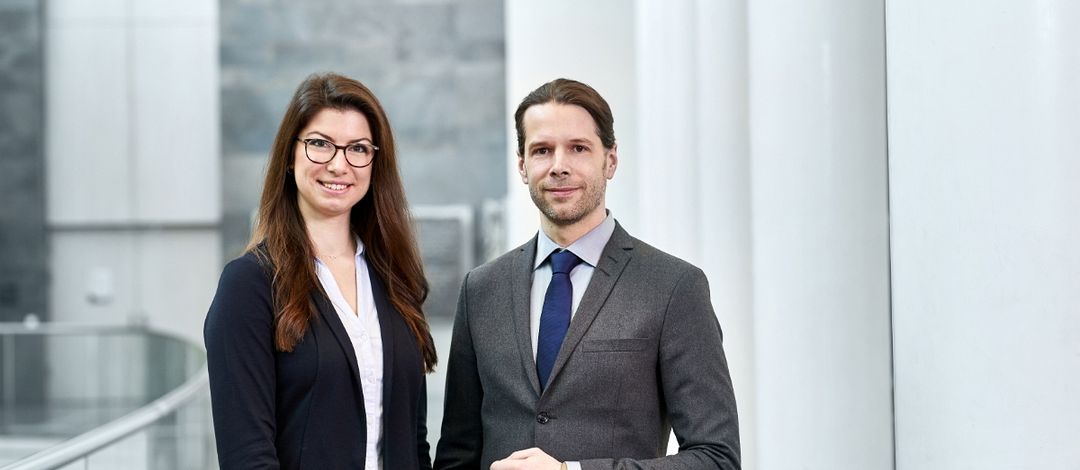Startups are an important part of our economic system. They hold potential for innovation, added value, and employment. In mature economies with low growth dynamics as well as in traditionally structurally weak regions, great hopes are attached to start-ups. In Germany, the federal, state and local governments, as well as numerous companies and foundations, are therefore trying to promote start-ups. A critical success factor in establishing new companies is communication: Startups and founders have to build relationships with customers and investors, recruit committed employees, and position themselves in public discourse, all while pressed for time and with limited resources. A good reputation, fascinating brands, thought leadership, a dynamic corporate culture, and an excellent network of opinion leaders and influencers are just as important as technologies, customer benefits, and capital. If the wrong paths are taken at the beginning, it will hardly be correctable later. The specific challenges for the strategic communication of startups require tailor-made models and instruments.
The established knowledge from corporate, marketing and financial communication has only been made fruitful for founders so far and specific research on the subject is almost non-existent. This is where the Center for Entrepreneurship Communication (CEC) comes in.




